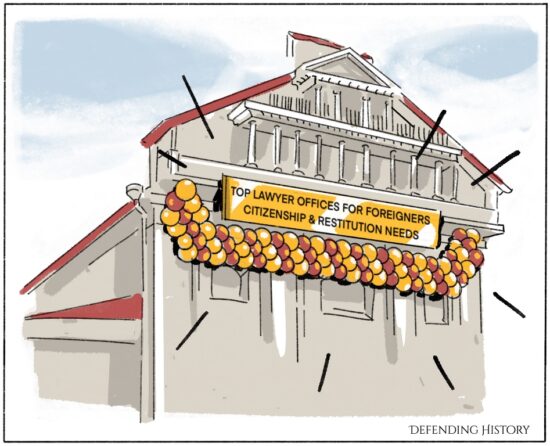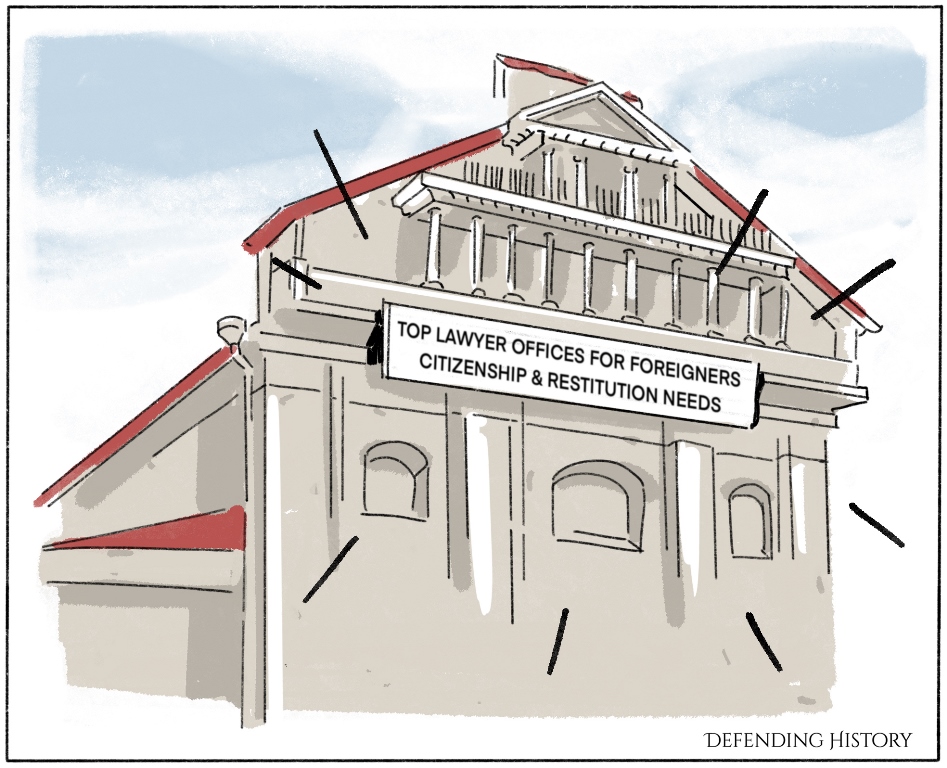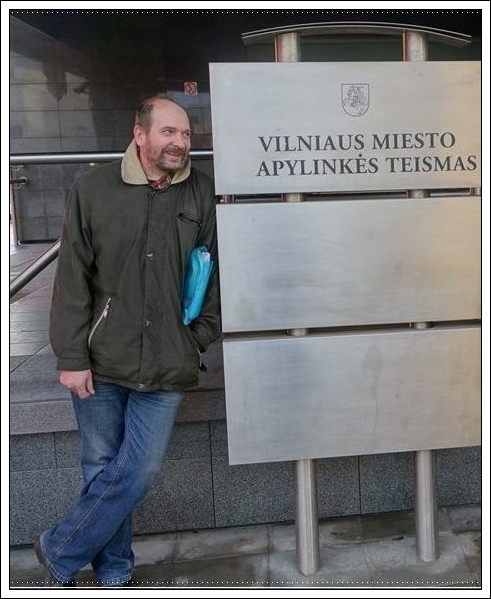OPINION | HISTORY | MEDIA WATCH | BELGIUM | LITHUANIA
◊
by Roland Binet (De Panne, Belgium)
◊
Annelies Beck is a Flemish journalist whom I admire. She is a tough cookie. I have often seen her interviewing politicians and admired her determination, intelligence and open-mindedness. So, I was quite curious to read her opinion piece in the literary supplement of the Flemish language De Standaard dated November 26, 2022, entitled “History is Far From Gone” and relating to a conference in Lithuania she went to on the subject of the role of public television within democracies. She is also a writer. In her opinion piece, she focuses on what the Lithuanians did during the Soviet occupations to protect and preserve their language: “The Lithuanians whom I later questioned declared the importance of resistance through language and literature (…) in different periods of their history.” While visiting, Mrs. Beck was impressed by what she saw “in a cell in the cellar of the Genocide Museum,” imagining all the prisoners during the Soviet occupation, symbolized by the eighteen different layers of color having been necessary to wipe out all the graffiti they had scratched on the walls. She also writes, referring to a conversation she had with a Lithuanian journalist colleague, “that some heroic partisans were also antisemites” (no mention that many of those glorified were in fact recycled 1941 Holocaust perpetrators).
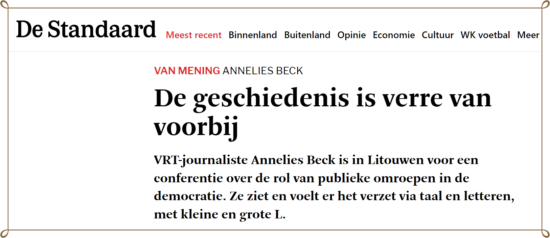

 (Fürther Rav) was buried in the Har Hamenuchos Cemetery in Jerusalem. A picture of his tombstone can be found in Moshe Rosenfeld’s recently published book on Rabbi Spiro. The book’s thirteen chapters cover in great detail the origins of the family Spiro, their pre-war life in Poland, the Warsaw Ghetto, survival, rebuilding, dialogue with a bishop, divorce cases and much more.
(Fürther Rav) was buried in the Har Hamenuchos Cemetery in Jerusalem. A picture of his tombstone can be found in Moshe Rosenfeld’s recently published book on Rabbi Spiro. The book’s thirteen chapters cover in great detail the origins of the family Spiro, their pre-war life in Poland, the Warsaw Ghetto, survival, rebuilding, dialogue with a bishop, divorce cases and much more.
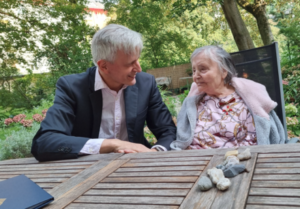
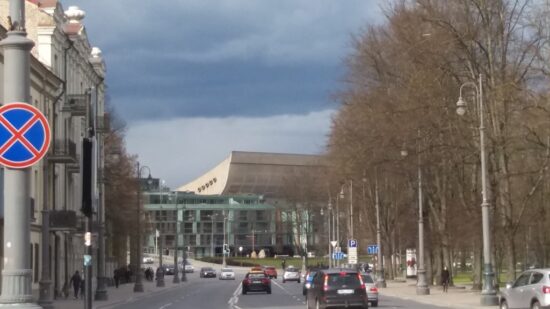
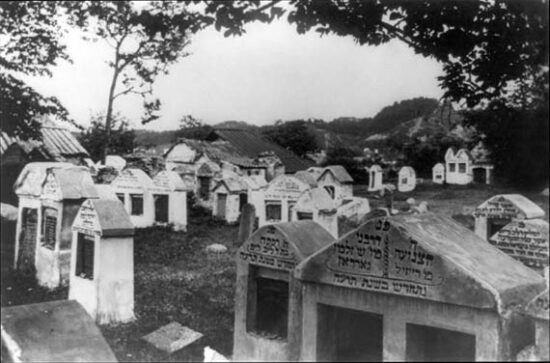
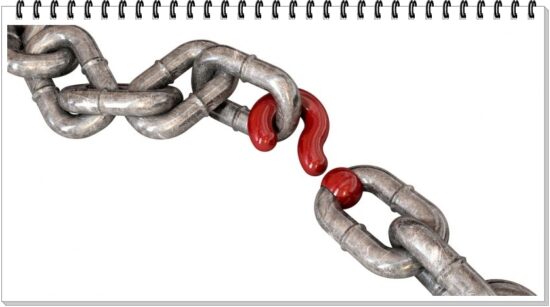 There is, however, disturbingly, quite a stupendous missing link in this abridged history of Lithuania in the twentieth century. Where had the quarter million Jews (the figure on the eve of the Holocaust) of the country disappeared to “overnight” (as centuries go), during that fateful century? Had there ever been a Jewish minority in Lithuania at all? When I looked at the author’s pedigree, I understood why the Jews had not played any role of significance in his biased dialectical discourse. Joren Vermeersch is a historian (of sorts) and an accomplished author. He is also a representative (stand-in, as we call it) for the Belgian House of Representatives, for the “N-VA.” This is the nationalist Flemish party that has its historical roots in the collaboration with the Nazis during World War II. The party that has systematically fought for an amnesty for Nazi collaborators. The party in which the grandparents or parents of some of the present actual leaders had been condemned by the Belgian State for collaboration with the enemy. Nobody is guilty of sins of their ancestors, but when there is a pattern of such pedigree being considered a great plus for current leadership, and that pedigree is subtly glorified rather than disowned, we have a current moral problem that merits discussion in the public square.
There is, however, disturbingly, quite a stupendous missing link in this abridged history of Lithuania in the twentieth century. Where had the quarter million Jews (the figure on the eve of the Holocaust) of the country disappeared to “overnight” (as centuries go), during that fateful century? Had there ever been a Jewish minority in Lithuania at all? When I looked at the author’s pedigree, I understood why the Jews had not played any role of significance in his biased dialectical discourse. Joren Vermeersch is a historian (of sorts) and an accomplished author. He is also a representative (stand-in, as we call it) for the Belgian House of Representatives, for the “N-VA.” This is the nationalist Flemish party that has its historical roots in the collaboration with the Nazis during World War II. The party that has systematically fought for an amnesty for Nazi collaborators. The party in which the grandparents or parents of some of the present actual leaders had been condemned by the Belgian State for collaboration with the enemy. Nobody is guilty of sins of their ancestors, but when there is a pattern of such pedigree being considered a great plus for current leadership, and that pedigree is subtly glorified rather than disowned, we have a current moral problem that merits discussion in the public square.
